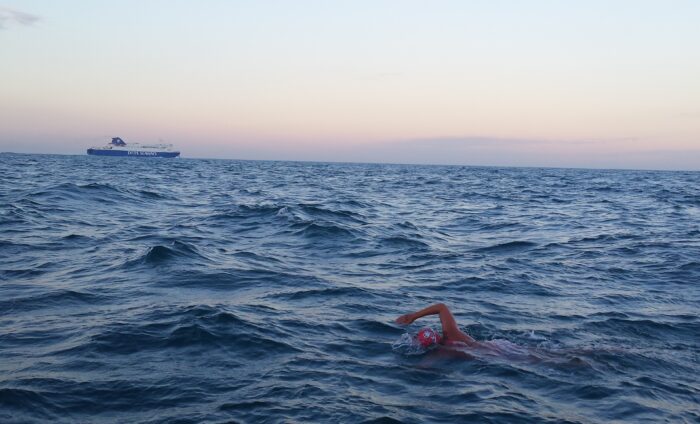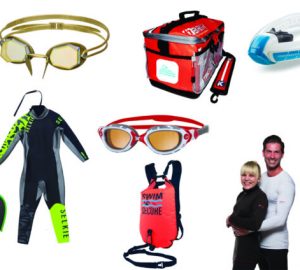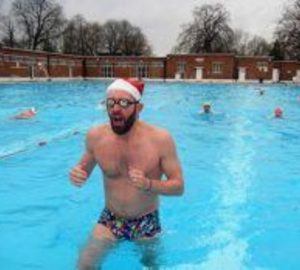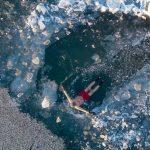
Life lessons from open water swimming: nothing great is easy
Can what we learn through swimming help us elsewhere in our lives? I think it can, although the lessons are not always obvious. I also think we can learn things both from our own participation and from our observations of other swimmers.
For example, I have never swum the English Channel and nor do I plan to but I have spoken to plenty of successful and aspiring Channel swimmers, and there’s lots we can learn from them, starting with their famous mantra: “nothing great is easy.”
Those words are inscribed on a memorial in the birthplace of Captain Matthew Webb, the first person to swim the English Channel, and have become a motto and source of inspiration for many who hope to follow in his arm strokes. Webb’s pioneering swim, in 1875, took 21 hours 45 minutes, and it was another 36 years before anyone else repeated his triumph.
Today, about 50 to 100 people successfully swim the English Channel each summer. In a lot of ways it’s easier now than in 1875. We understand more about training, cold water acclimatisation, nutrition and navigation. Our lightweight costumes create little drag compared with the woollen suits of old and modern goggles are comfortable and secure allowing swimmers to keep their faces in the water for extended periods of time. Old hands, some with many crossings to their names, are enthusiastic promoters and supporters of the sport, and give their time freely to help those wanting to complete this most prestigious of swims.
But it’s still not easy. Success rates are going up, but still only around half to three quarters of people who start make it, and there are many more who dream of it but lack the funds or the time to commit and others that drop out because the training is too hard or the water too cold.
The English Channel is 34km (21 miles) across. The water temperature ranges from around 15-17 degrees Celsius, compared to 28-31 for many indoor swimming pools. The weather is fickle and can change rapidly. Some swimmers never get started because the sea is dangerously rough during the window they have booked with the pilot. Others have been pulled from the water within a few hundred yards of their goal when conditions deteriorated suddenly.
Training takes time and dedication. Swimmers gather in early May in Dover Harbour for practice sessions when the water is a head-crunching 10 degrees. Then there’s the cost. Pilots’ fees are around £2,300 and that’s just the start. Depending on where you live you’ll need to fund travel and accommodation, multiple trips to the training pool, perhaps a swimming coach, a physiotherapist and nutrition adviser.
No. It’s definitely not easy. But then, it wouldn’t be recognised as the “Everest of swimming” if it was. Swimming the English Channel will earn you respect from almost any swimmer – and from plenty of people outside of swimming even if they have no idea how hard it is.
But why go to so much trouble?
In addition to the personal satisfaction of completing a tough physical challenge, Channel swimmers report life-changing benefits from their endeavours: improved self-confidence, heightened motivation, workplace promotions – things that have nothing to do with swimming.
We all know that swimming the English Channel is hard and we also all know that we need to put in effort to achieve our other goals. But knowing it is not the same as doing it. If you’ve worked hard in one area of your life and achieved success you’re more likely to be able to do so in other areas. Not only that, your hard work signals the type of person you are and the efforts you will go to.
I’m not suggesting we should all sign up to swim the Channel. I’m still not going to. It’s just one of many challenges out there, although one with special historical significance for swimmers. The important things are to pick a challenge that stretches you physically and mentally and the work you put in towards completing it. If you can apply it in swimming, you can apply it elsewhere. Swimming can be your practice for the rest of life. When the training gets tough, the cold has eaten through to your bones and your fingers have curled into unusable claws, remind yourself that nothing great is easy, and push on.








